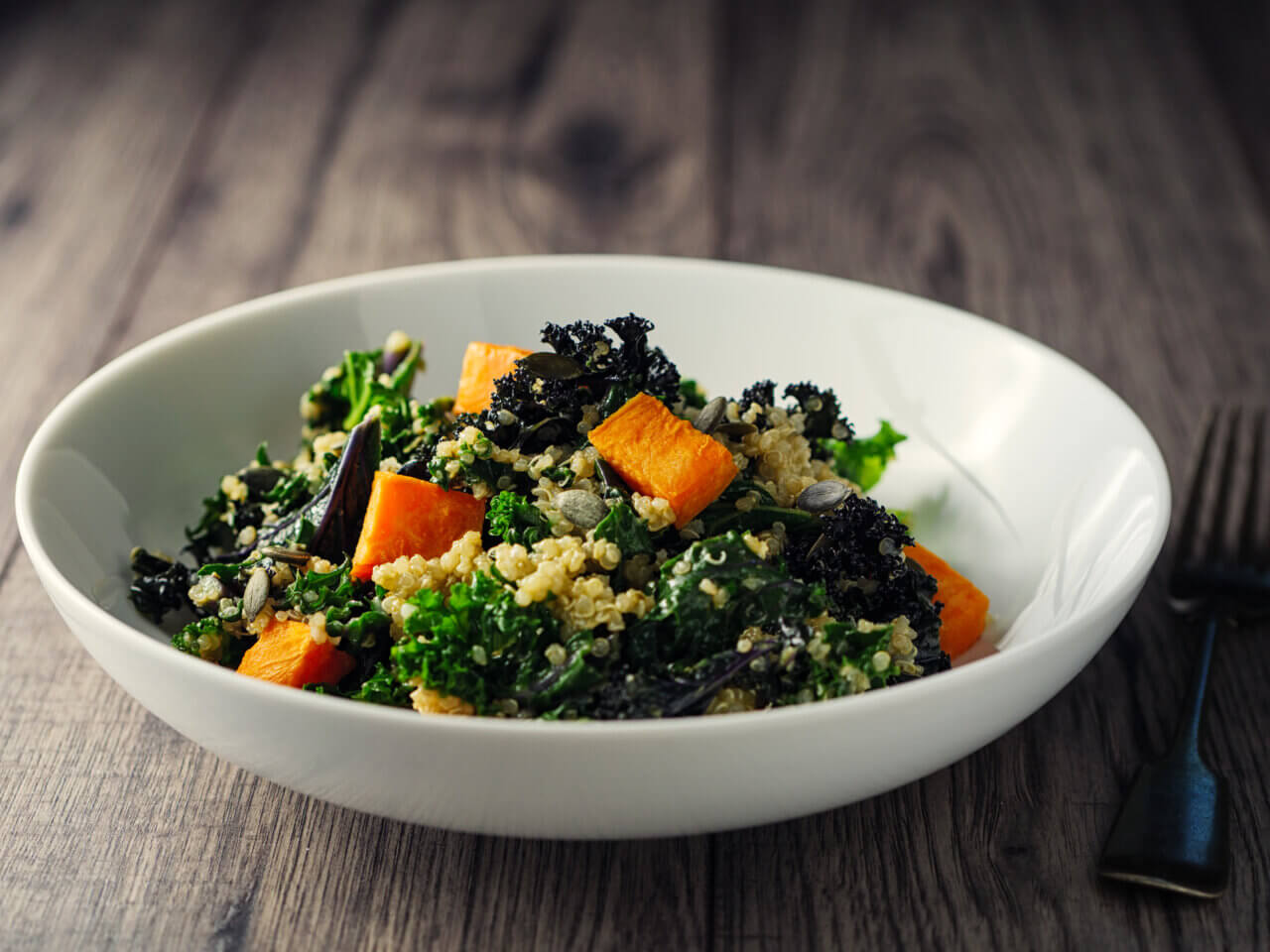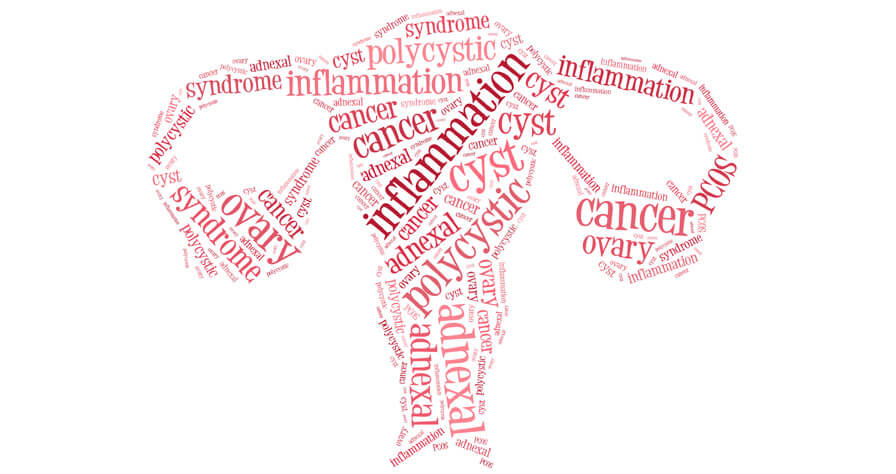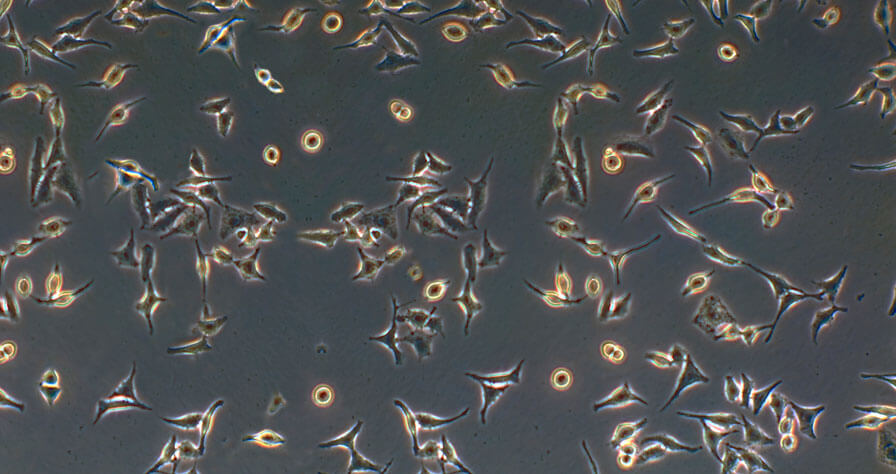Nutrition for Women 50 and Over

The following nutrition tips may help you live your 50’s (the average age of onset for menopause) and beyond fabulously.
- Take a daily multivitamin for your age group. This will compensate for gaps in your nutrition picture. Women over 50 need less iron than younger women.
- Eat foods that contain calcium and vitamin D. The best way to get your required amounts of calcium and vitamin D is by eating a healthy diet. The best sources of calcium include dairy, almonds, broccoli, kale, salmon and soy products such as fortified tofu. The best sources for vitamin D include oily fish, egg yolks and fortified milk. Postmenopausal women should refrain from taking calcium and vitamin D supplements. The United States Task Force found there was little evidence that these supplements prevent fractures in healthy women.
- Eat more fruits, veggies, whole grains and legumes. These will give you plenty of disease-fighting antioxidants, more fiber, and less sodium.
- Get enough fiber. Whole-wheat pasta, cereals, bread, oatmeal, brown rice, popcorn, and fresh fruits and vegetables all are high in fiber.
- Eat the right proteins. Get a balance of lean protein (such as skinless chicken), fatty fish like salmon (with omega-3 fats) and vegetable protein.
- Enjoy a vegetarian meal a few times a week. A plant-based diet is low-calorie and dense in vitamins, minerals disease-fighting antioxidants.
- Cut salt intake. Too much salt is linked to high blood pressure.
- Choose fats wisely. And keep them to a minimum. Avoid trans and saturated fats, such as those found in butter, margarine, salad dressing, fried foods, snack food, and sweets. “Good fats” include many vegetable oils such as olive oil, some nuts, and fish, including salmon and tuna.
- Curb the sweets. Limit the soft drinks, sugar, and sweets; they can be loaded with calories and have little nutrition.
Learn more about living healthy and our expansive preventative services through Women’s Services at Baptist Health.



